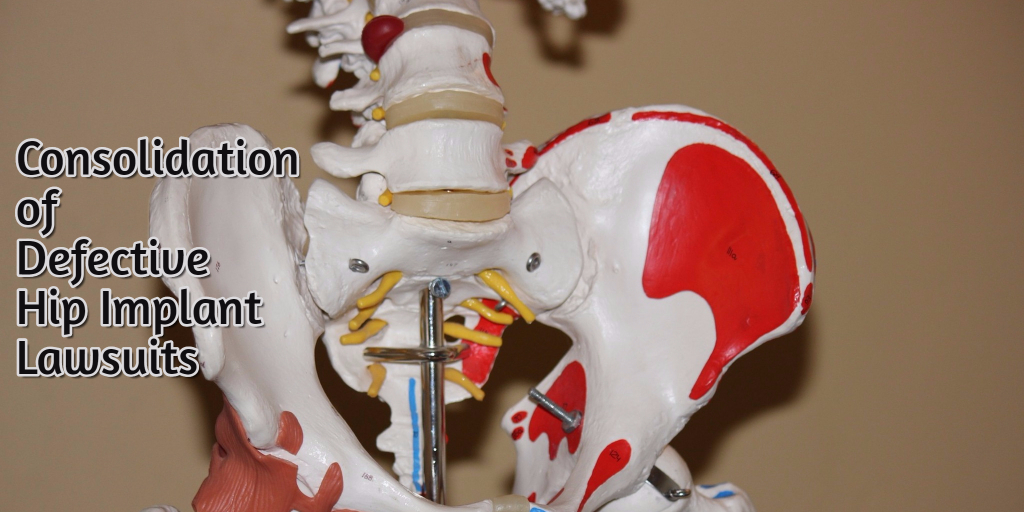A number of lawsuits relating to Stryker hip implants are set to be consolidated. This means that a single judge at the Massachusetts federal court will handle all the cases over the next several weeks. The decision was reached after about three dozen cases of alleged defects to a prosthetic hip replacement device from Stryker were reviewed. The US Judicial Panel on Multi-District Litigation (JPML) agreed to transfer all the cases to US District Judge Indira Talwani, a judge in the District of Massachusetts.
What is multidistrict litigation?
When the federal court system identifies several similar cases that follow a particular line of argument, multidistrict litigation (MDL) can be used to consolidate the cases to a single judge in the pre-trial stage.
A good number of the pending implant cases against Stryker are complaints about corrosion of the device, commonly known as LFIT V40. According to the transfer order, such corrosion can result in serious health complications, necessitating surgery to remove and replace the device.
The defendant’s argument
Stryker, the manufacturer of the implant and the defendant in these cases, has argued against the consolidation of the cases. The defendant claims that there are only a few actions when it comes to the device. The JPML has disagreed with this argument, stating that the order reveals a total of 33 pending Stryker hip replacement cases in 17 different districts.
In 2016, Stryker had received an unexpected high number of complaints of taper lock failure in their devices. This forced the company to voluntarily recall some of the hip implant devices in August of the same year. Most of the complaints focused on specific sizes of the devices that had been manufactured before 2011. With the current consolidated cases, Stryker had requested that the MDL be renamed so that the name “Stryker” is replaced with “HOC.” The manufacturer had also requested that the lawsuits be limited to the recalled hip implant devices that had experienced taper lock failure. The JPML has since disagreed with this request.
Reasons for turning down the request
The reasons given for turning down the request are that the Stryker brand name had been used to market the device. Based on the transfer order, the JPML also declined to restrict the scope of the lawsuit to the recalled devices. This is because, rather than complaints about taper lock issues, most plaintiffs had complained about corrosion and metal debris problems. This means that even devices that had not been recalled will be included in the MDL.


